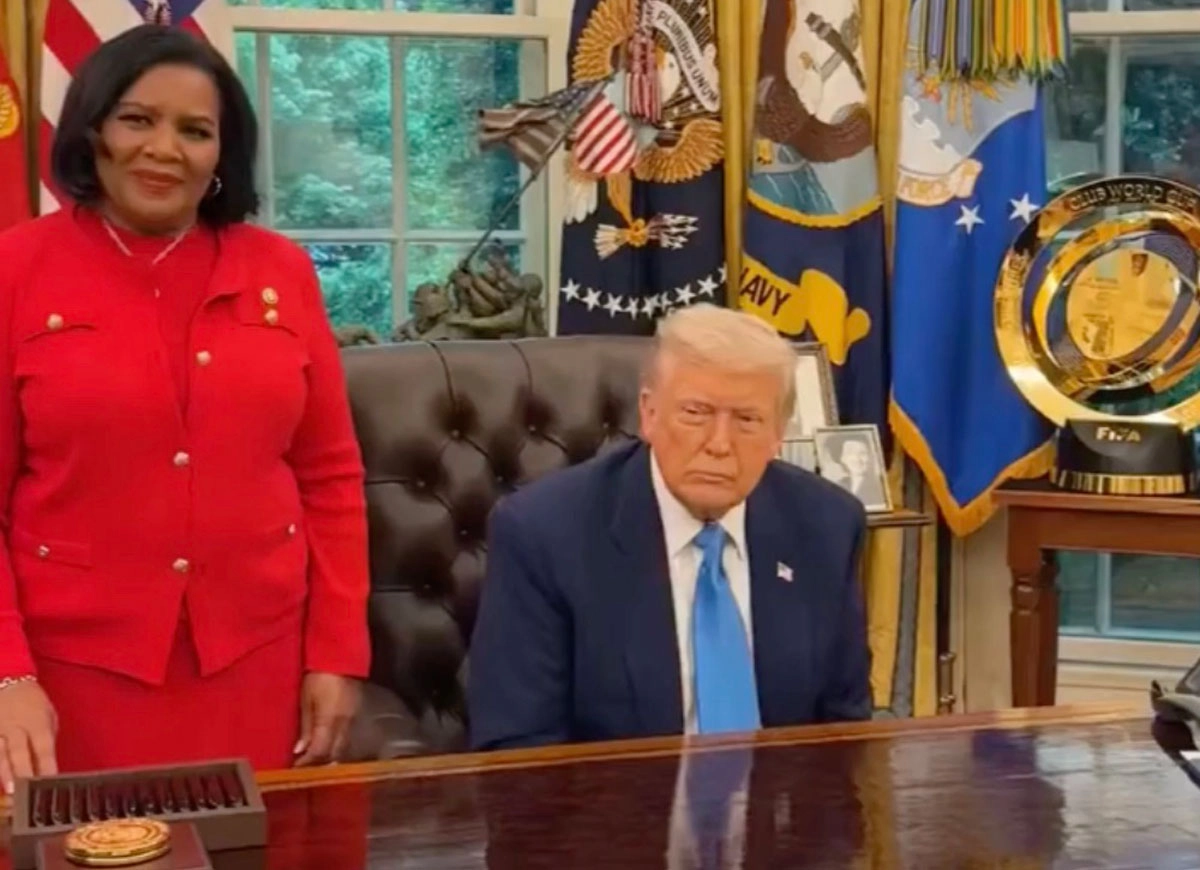Presidential Election Results: Biden Takes Lead In Wisconsin & Arizona, Trump Leads In Michigan & Pennsylvania
The presidential election was neck-to-neck Tuesday night, and total votes are not expected to be reported up until weeks after the election, and officials in Pennsylvania, Michigan and Wisconsin said they do not expect to declare winners tonight and that ballot counting will continue into the week.
Associated Press has currently projected Democratic nominee Joe Biden to win 225 electoral votes and President Donald Trump to win 213. A minimum of 270 is needed to win the presidency.
The states that have not yet been called include Alaska, Georgia, Hawaii, Michigan, Nevada, North Carolina, Pennsylvania and Wisconsin.
Alaska and Hawaii largely have not been called due to their late poll closing times, while the others are because of high rates of voting by mail and close races. Pennsylvania, for example, was prohibited by law from counting mail-in ballots before polls closed on Election Day. And some of these states expect to receive more postmarked mail-in ballots following the election.
Subscribe to our free weekly newsletter!
A week of political news in your in-box.
We find the news you need to know, so you don't have to.
The spotlight is largely on Pennsylvania, with many theorizing the election results could boil down to the Keystone state.
Biden told supporters shortly before 1 a.m. on Wednesday that he feels confident about his chances in Pennsylvania, a state he actually campaigned in on Election Day.
“We feel good about where we are,” he said. “We really do. I’m here to tell you tonight, we believe we’re on track to win this election.” He added: “It’s going to take time to count the votes, but we’re going to win Pennsylvania.”
Trump campaign strategists said throughout the night they felt confident regarding Pennsylvania but also underscored other pathways that Trump could win without the state.
“Pennsylvania worries me for a combination of reasons,” Rick Hasen, a law professor at UC Irvine, wrote in an email to The Atlantic. “It has a history of poor election administration, including about a quarter of its administrators leaving in the last few months; it is facing a surge of absentee ballots like nothing it has ever handled before, and the state legislature has blocked legislation to allow the processing of votes earlier; we have a Democratic-dominated state supreme court expanding voting rights that the state legislature does not want and that could incur a backlash from the conservatives on the U.S. Supreme Court.”
However, it is completely normal not to have the results on Election Day itself — this year’s election has just created greater enthusiasm and heightened awareness, so many are looking for immediate answers.
But in reality, election officials don’t certify their results until weeks following Election Day.
“From a legal perspective, there are no results on Election Night, and there never have been,” Edward Foley, a law professor at Ohio State University, told The Atlantic in August. “The only thing that has ever existed on Election Night are projected results that the media has helpfully provided to its audiences.”
Get the most-revealing celebrity conversations with the uInterview podcast!






Leave a comment